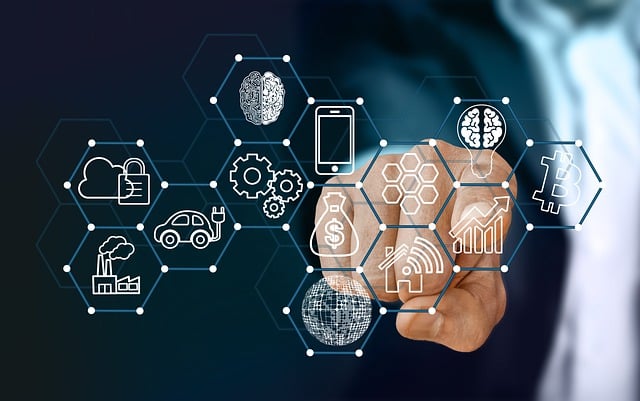
The Benefits of Smart Home Technology for Modern Living
October 25, 2023
In the age of rapid technological advancements, the concept of a “smart home” is no longer a distant future but a thriving present. Smart home technology, driven by the Internet of Things (IoT), has transformed the way we live, offering a plethora of benefits that enhance convenience, security, energy efficiency, and overall quality of life. In this article, we’ll explore the numerous advantages of smart home technology for modern living.
1. Enhanced Convenience
Smart home technology simplifies daily tasks by providing automation and remote control of various home systems. Imagine being able to control your lighting, thermostat, and security systems with the touch of a button on your smartphone or through voice commands. This level of automation not only saves time but also adds convenience to your everyday life.
2. Energy Efficiency and Savings
Smart thermostats and lighting systems allow you to adjust your home’s energy consumption according to your needs. You can set heating and cooling schedules based on your daily routine and preferences. Additionally, smart lighting systems can automatically adjust brightness and color temperature, leading to energy savings and reduced utility bills.
3. Improved Home Security
One of the most significant advantages of smart home technology is enhanced security. Smart cameras, doorbell cameras, and motion detectors allow you to monitor your home in real-time and receive alerts on your smartphone. Many systems also offer two-way communication, so you can see and speak to visitors even when you’re not at home.
4. Remote Monitoring and Control
Whether you’re at work, on vacation, or anywhere else in the world, you can monitor and control your home remotely. This means you can lock and unlock doors, adjust the thermostat, view security camera feeds, and even receive alerts in case of unexpected events, such as a water leak or a break-in. The peace of mind that comes with remote monitoring is invaluable.
5. Integration and Compatibility
Smart home technology is designed to work together seamlessly. This means that various devices and systems in your home can communicate with each other. For instance, you can program your smart thermostat to adjust the temperature automatically when your smart lock detects that you’ve left the house. This integration adds to the overall efficiency and convenience of your smart home.
6. Voice Control
Voice-activated virtual assistants like Amazon’s Alexa, Google Assistant, and Apple’s Siri have become central to many smart homes. With voice control, you can simply speak commands to control various devices and get information quickly. This hands-free approach is not only convenient but also contributes to accessibility, especially for those with mobility challenges.
7. Entertainment and Media
Smart home technology has transformed the way we consume entertainment. Smart TVs, streaming devices, and home audio systems can all be controlled and personalized from your smartphone or via voice commands. You can stream your favorite content, adjust the volume, and create a customized entertainment experience that suits your preferences.
8. Time and Stress Reduction
With smart technology, you can automate routine tasks and reduce the stress of managing your home. For instance, a smart sprinkler system can adjust watering schedules based on weather data, ensuring your lawn is well-cared for without your constant attention. This not only saves time but also eliminates the worry of maintaining your home’s exterior.
9. Health and Well-being
Smart home technology is making a significant impact on health and well-being. From smart appliances that help with meal planning to wearable fitness trackers that sync with your home fitness equipment, the integration of health-focused devices can promote a healthier and more balanced lifestyle.
10. Sustainability and Environmental Impact
Smart home technology also contributes to a more sustainable lifestyle. Energy-efficient appliances, smart thermostats, and water-saving devices reduce your carbon footprint. Many smart home systems even provide insights into your energy consumption, helping you make more eco-conscious choices.
11. Increased Property Value
Investing in smart home technology can increase the value of your property. Prospective buyers are increasingly interested in homes equipped with smart features for their convenience, security, and energy efficiency. The added value can make your property more appealing in the real estate market.
12. Customization and Personalization
Smart home technology allows you to customize your living space to suit your unique preferences. Whether it’s setting the lighting to match your mood, adjusting the thermostat for optimal comfort, or creating a personalized home security system, smart technology enables you to tailor your living environment to your liking.
In conclusion, the benefits of smart home technology for modern living are extensive. It enhances convenience, energy efficiency, security, and overall quality of life. Whether you’re looking for a more comfortable, connected, or eco-friendly lifestyle, the integration of smart technology into your home can make a significant difference. Embracing these innovations allows you to lead a more convenient and efficient life while improving the value and sustainability of your home. As the world of smart home technology continues to evolve, it’s an exciting time to make your living space more intelligent and connected than ever before.
